1. The Whole Country May Have to Relocate
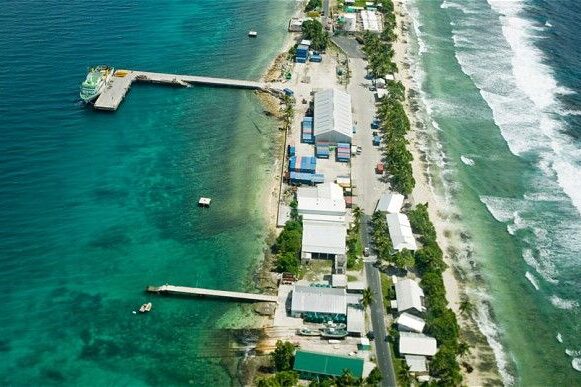
Tuvalu, a tiny Pacific nation of just over 11,000 people, is quietly making history. With its land slipping beneath the sea, its government is preparing for the unthinkable: a future where the entire population must leave. Tuvalu’s highest point is barely 15 feet above sea level and scientists say the islands may not last this century. The government now accepts that 100 percent of its citizens could be forced to leave. It is no longer a distant possibility but a looming certainty that an entire country may be uprooted from its homeland.
2. A New Treaty Is Already Moving People Out
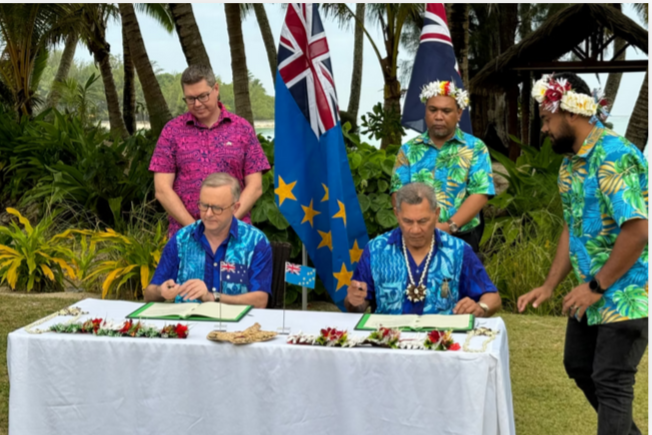
When Tuvalu signed a historic treaty with Australia, it became more than a piece of paper. The agreement allows 280 Tuvaluans each year to relocate permanently with full rights. The reaction was immediate and overwhelming. Within weeks of the announcement, over 8,700 people applied, which is nearly the entire adult population. Families are facing hard choices as they weigh heritage against safety and stability. For many, this treaty offers the only chance to secure a future for their children while the islands still stand, and it shows how urgent the situation has already become.
3. They’re Not Abandoning Tuvalu They’re Preserving It
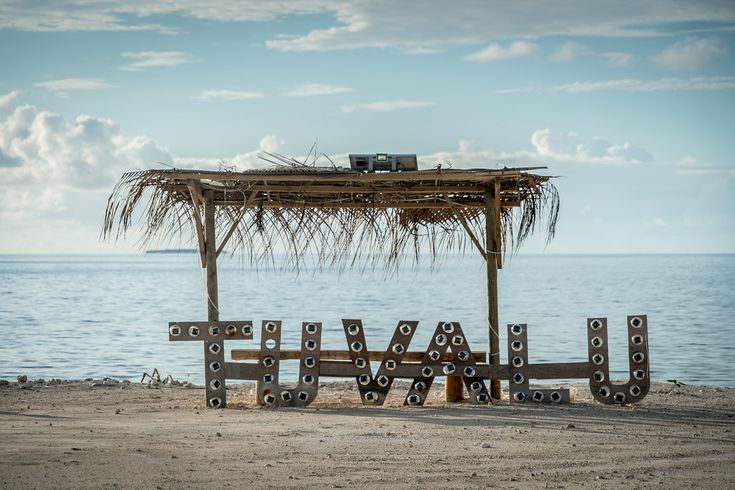
Even while preparing to leave, Tuvalu is refusing to vanish from the world’s memory. Leaders are working tirelessly to preserve everything that defines their nation: laws, landmarks, oral history, and the very layout of villages. Elders are recording chants, songs, and traditions so they can be passed down to future generations. This effort is not just about nostalgia but about survival of identity. The government has made it clear that Tuvalu will remain a nation in every sense, even if the land itself is gone, ensuring culture continues to live beyond the islands.
4. They’re Creating a Nation You Can’t Sink
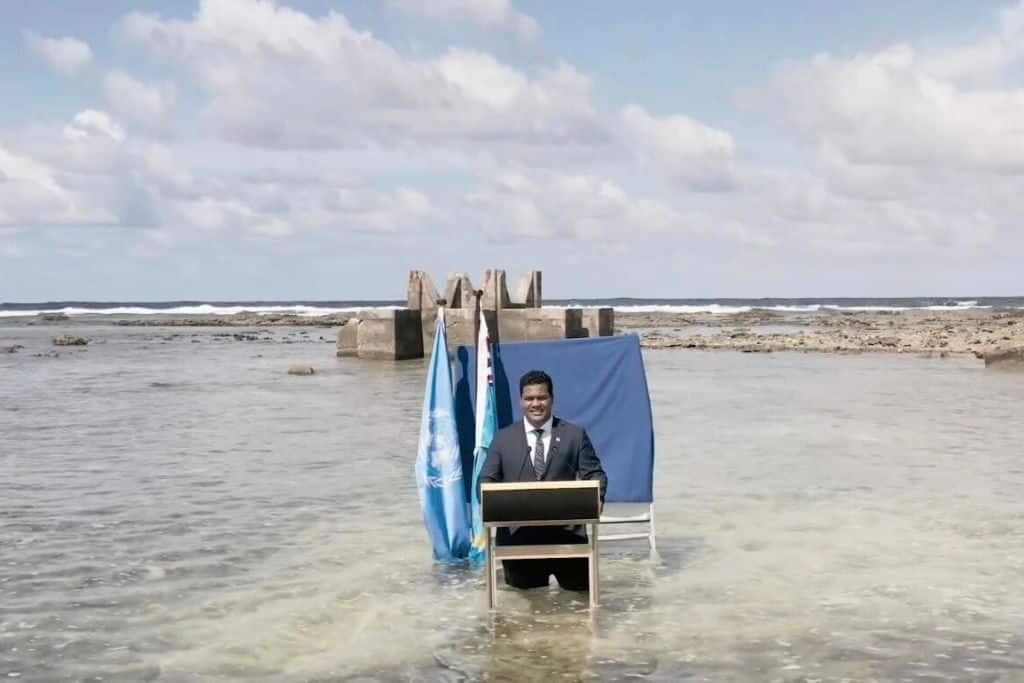
Tuvalu is preparing something remarkable. By digitally recreating itself, the country is building a presence that rising seas cannot erase. Buildings are being scanned, stories recorded, and traditions archived to ensure the nation continues online. This digital model is more than backup storage. It is a plan to operate as a sovereign state even if its physical islands are no longer habitable. Leaders insist their nationhood will not drown. It is an idea that challenges how the world defines a country and creates hope for others facing the same climate threat.
5. They Own “.tv” And It’s Paying for Their Future

A surprising lifeline for Tuvalu comes from the digital world. The nation owns the “.tv” domain name, a valuable resource used by streamers, broadcasters, and media brands worldwide. Licensing this domain earns the government millions each year, money that now funds adaptation, relocation, and digital preservation projects. In an unexpected twist, Tuvalu’s identity on the internet is helping safeguard its future beyond the ocean. This income provides both stability and independence, showing how even small nations can use creativity and global demand to carve out a path of survival amid crisis.
6. Tuvalu May Become the First Fully Digital Nation
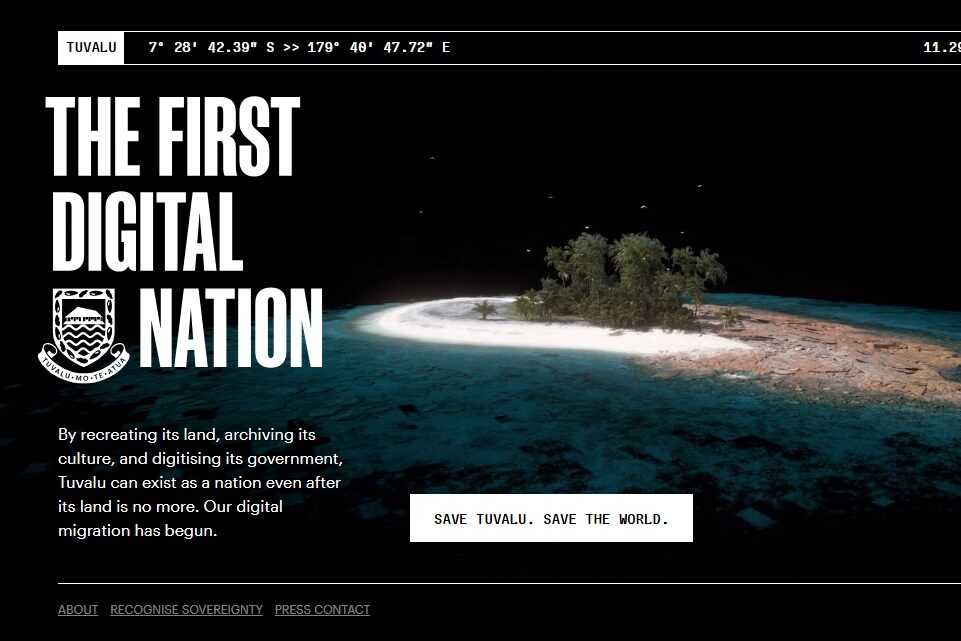
No country has ever existed only through its people and culture rather than physical borders, but Tuvalu may soon be the first. The government envisions a digital nation where Tuvaluans remain connected as citizens, carrying with them identity cards, cultural archives, and a functioning online government. This possibility turns what could be an ending into something pioneering. Instead of becoming history’s first true climate exiles, Tuvalu could redefine what it means to be a state, showing that a nation can continue without land as long as its people and culture remain united.
7. It’s a Story No One Thought Could Be Real
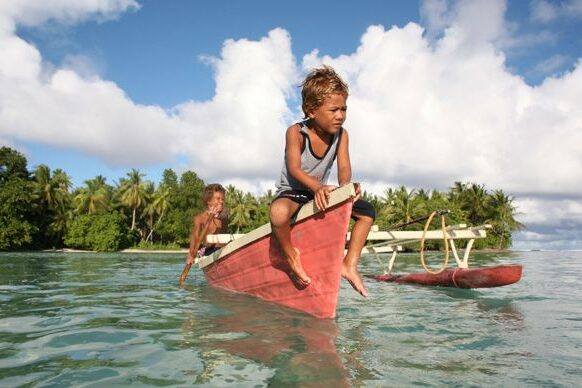
The most remarkable part of Tuvalu’s story is its quiet determination. The country is not collapsing economically or politically, nor is it torn by war. Its only battle is with rising seas, yet it refuses to surrender. Tuvalu’s people are writing a future where their homeland may sink, but their identity will survive. This journey forces the world to rethink belonging and resilience. It is a story that feels both surreal and deeply human. In the end, Tuvalu reminds us that survival is not only about land but about spirit and will.


